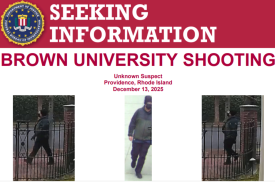Adolescents who've had psychotic experiences were 13 times more likely to attempt suicide and 11 times more likely to self-harm than those without any psychotic episodes, according to a University of Queensland study.
"Psychotic experiences and psychological distress should serve as warning signs that a young person is at high risk of self-harm or attempting suicide," UQ Centre for Clinical Research's Associate Professor James Scott said in a statement. "We would encourage health practitioners to ask young people about psychotic symptoms such as hearing voices or feeling paranoid when they are assessing their mental health and the likelihood of self-harm."
Scott said that questions regarding psychotic symptoms during clinical visits are important to provide appropriate support, health resources and adequate risk-management plans to reduce suicide attempts among this age group.
This is the first study to examine the relationship between psychotic experiences, psychological distress with self-harm and suicide attempts.
For the study, the researchers observed 1975 Australians aged between 12 and 17 years for over a year. The study also found that teens who faced psychological distress, but not psychotic experiences were three times more likely to self-harm over the following 12 months and five times more likely to attempt suicide than those without episodes of psychological distress.
Scott said that approximately one in every 12 adolescents has psychotic experiences or unusual beliefs like paranoid ideas or hallucinations. These symptoms are more common than previously believed.
A 2013 University of Warwick study found that exposure to bullying during childhood leads to an increased risk of psychotic experiences in adulthood, regardless of whether they are victims or perpetrators.
"We want to eradicate the myth that bullying at a young age could be viewed as a harmless rite of passage that everyone goes through -- it casts a long shadow over a person's life and can have serious consequences for mental health," Professor Dieter Wolke said in a press release.
© 2025 University Herald, All rights reserved. Do not reproduce without permission.








